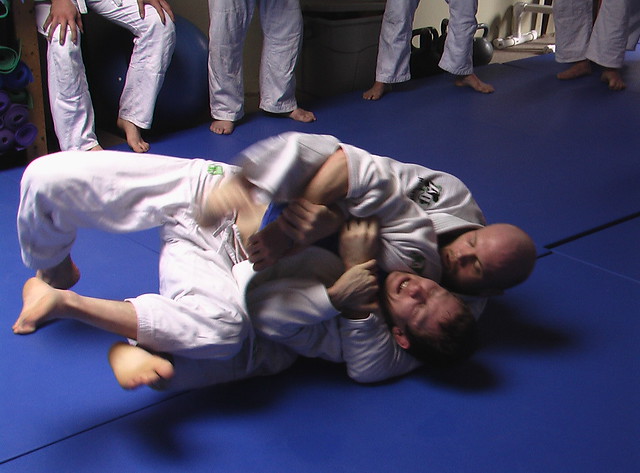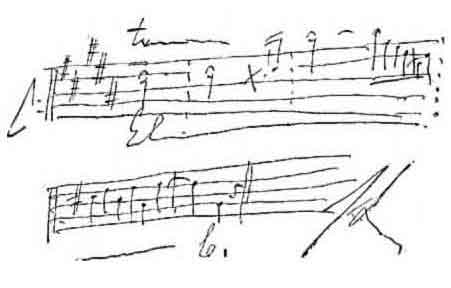Pedagogy and its Discontents pt.2, Lead me where?
“It is impossible to escape the impression that people commonly use false standards of measurement–that they seek power, success and wealth for themselves and admire them in others, and that they underestimate what is of true value in life.”
Sigmund Freud, Civilization and Its Discontents
Let us not make any bones about the situation. The teacher is at the front of the room and hold the keys. There are places that students cannot go. There are places that students can go. There are places that students may only go if the teacher takes them there. Say what? This is the 21st century. This classroom is flipped. We are unlearning. Delearning. Relearning. It is our new pedagogy. You can’t front on that.

Or can you, Biz? Will you front on that? Is it the content, the context, or the process that is of value in the classroom? Some mix of the three, perhaps. Maybe, even, a fourth entity–the interaction of them all. In the same way that you may not separate nature and nurture, it is unlikely that you may separate the content from the context or either of them from the process that brings them to light. Further, it is unlikely that by explicitly valuing one part of the mix that a teacher or student will be sure to have the desired influence over those components.
Do you follow? If I, as a teacher or student make explicit statements of value, the reaction of students may be to value or devalue or, perhaps, to have no change in their valuation of the component. Some rebel while some draw near. It depends on how that serves their needs for safety, belonging, esteem, or actualization. Remember Maslow? Not to oversimplify, but if you have ever tried to teach a hungry student, you are probably missing more than my point.
Getting back to the matter at hand, students respond to the content, context, and process–along with the demonstrated valuations by the instructor in a given manner. They may follow, rebel, or have no change in their value of the experience. The teacher, assessing the response, may ‘course-correct’ mid-stream-of-thought BUT what may happen is not entirely predictable! Change on the part of the teacher–either re-emphasis, over-emphasis, or a decreased emphasis–may result in a different overall response.
The most significant (read risky) overall response may be an overarching loss of interest should the instructor effectively abandon ship on the premise or the beliefs that were held at first. Any teacher still holding the torch of pedagogy as a method of a priori distribution of information should probably have a widow’s walk built and learn a new lament. The kids are alright.
“And yet, in making any general judgement of this sort, we are indanger of forgetting how variegated the human world and its mental life are.”
Sigmund Freud, Civilization and Its Discontents



